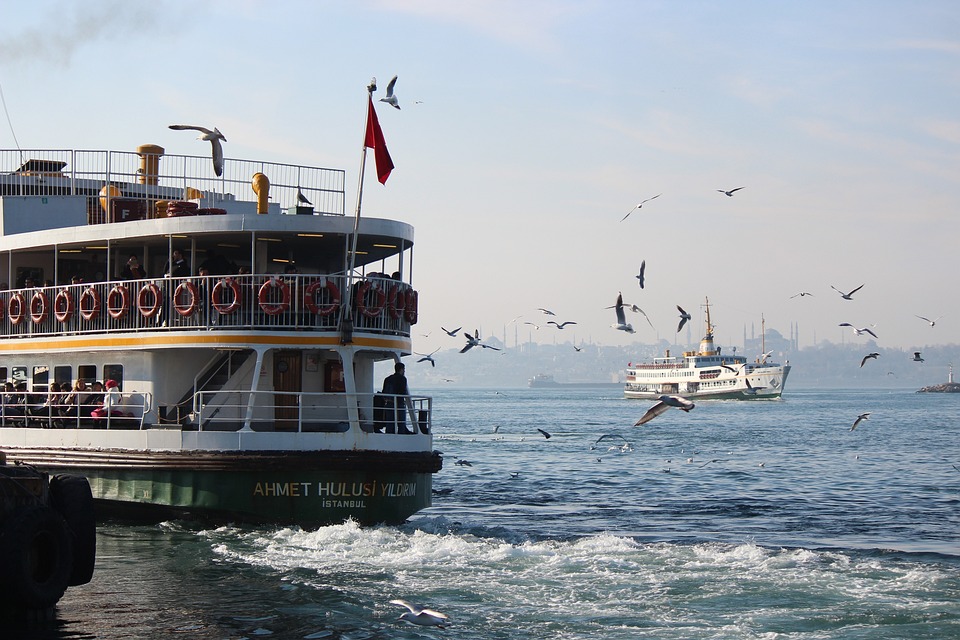
How to choose reliable coffee beansExport agentThe company?
Key considerations when selecting an agencyThree core metrics:
- Customs AEO advanced certification qualification (with new biosafety inspection filing requirements added in 2025)
- Over 10 years of experience in exporting fresh agricultural products
- Having customs clearance cooperation networks in major coffee-consuming countries (EU/US/Japan-Korea)
It is recommended to verify enterprise filing information through the General Administration of Customs official website and request coffee bean export clearance records for the past 3 years. Newly implemented in 2025China-EU Geographical Indications AgreementRequires the agency to have operational experience in origin protection certification.
What essential documents are required for coffee bean export?
The basic documents include:
- Commercial invoice (must specify coffee variety, processing method, roast level)
- Phytosanitary certificate (focus on the EUs updated pesticide residue testing standards in 2025)
- Certificate of origin (eligible for tariff preferences under China-Korea/China-Australia FTAs)
- Quality inspection report (SCAA or COE rating system certification)
Special circumstances requiring preparation:
- Organic certification documents (EU ECOCERT or USDA standards)
- Forest Stewardship Council (FSC) certification for premium coffee exports
How to calculate export tariffs and VAT?
2025 Key Market Tariff Policies:
- EU: Raw beans 0 tariff (roasted beans subject to 7% + VAT)
- US: Raw bean tariff tier system (commercial beans 2.6%, premium beans 1.2%)
- Japan: Tariff quota system (first 500 tons enjoy 0 tariff, excess portion subject to 35%)
Regarding VAT refunds, dark roasted coffee beans qualify for full 13% refund, while raw beans have a 9% refund rate. Note the implementation starting from 2025Electronic VAT special invoicesystem, requiring agency companies to connect directly with customs tax systems.
How to ensure coffee bean quality meets international standards?
Key quality control points:
- Moisture content testing (export standard 10-12%, EU requires precision of ±0.5%)
- Defective bean screening (using color sorter + manual double screening, defective beans controlled at <3%)
- Microbiological testing (5 mandatory tests including Salmonella and E. coli)
Recommended adoptionthe blockchain traceability system, with full-process data chaining from plantation to port. 2025 EU new regulations require carbon footprint reports for each coffee bean batch.
How to maintain coffee bean freshness during ocean shipping?
Professional agency companies will adoptTriple protection measures:
- Customized containers: Equipped with temperature and humidity control systems (temperature maintained at 15-20°C, humidity <65%)
- Multi-layer packaging: Aluminum foil bags + oxygen absorbers + vacuum packaging (anti-oxidation shelf life extended to 18 months)
- Real-time monitoring: IoT sensors track container environmental data throughout the journey
Special attention to avoid transshipment at high-temperature ports, choose direct shipping routes. Maersks 2025 dedicated coffee cold chain route can reduce Africa-Europe transport time to 12 days.
How to quickly resolve trade disputes?
Common dispute resolution solutions:
- Quality disputes: Commission SGS or Intertek for third-party retesting
- Customs clearance delays: Utilize agency companies emergency bonded warehouse network
- Payment default: Pursue accounts receivable recovery through Sinosure
It is recommended to clarify in the contractIncoterms 2025Latest rules, especially the electronic document process for DP (Documents against Payment) terms. Choose agency companies with international arbitration experience to quickly initiate London Coffee Exchange (LCE) industry arbitration mechanisms.
What are the special requirements for emerging markets?
2025 key market new regulations:
- Saudi Arabia: Requires Islamic Food Certification (IFC)
- Vietnam: Mixed coffee must be labeled with the proportion from each production region
- Russia: Each batch must be accompanied by radiation test reports
Southeast Asian markets prefer wet-hulled coffee beans, requiring agents to be familiar with IndonesiasTrade reciprocity program(Imported coffee beans can offset palm oil export tariffs).
How to mitigate risks caused by exchange rate fluctuations?
Professional agency services provideTriple exchange rate protection:
- Foreign exchange option lock: Exchange rates can be locked for up to 180 days
- Multi-currency settlement: Supports Cross-border Interbank Payment System (CIPS)
- Dynamic pricing mechanism: Adjusts FOB quotes based on exchange rate fluctuations
Year 2025 recommendation: Pay special attention to the impact of Federal Reserve interest rate policies on the Brazilian Real, adoptAdditional fees for exchange rate fluctuationsClauses to address sudden currency depreciation. Through agency financial derivative services, exchange rate risk transfer rate can be increased to over 85%.


 Follow Customer Service WeChat
Follow Customer Service WeChat